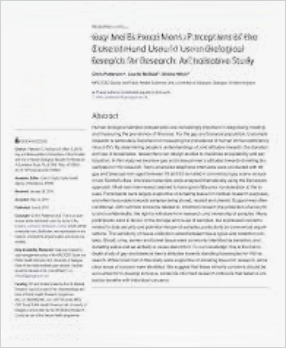Evaluation of the antitumor effects of c-Myc-Max heterodimerization inhibitor 100258-F4 in ovarian cancer cells
J Transl Med. 2014 Aug 21;12(1):226. Wang J, Ma X, Jones HM, Chan L, Song F, Zhang W, Bae-Jump VL, Zhou C.
Epithelial ovarian carcinoma is the most lethal gynecological cancer due to its silent onset and recurrence with resistance to chemotherapy. Overexpression of oncogene c-Myc is one of the most frequently encountered events present in ovarian carcinoma. Disrupting the function of c-Myc and its downstream target genes is a promising strategy for cancer therapy. Our objective was to evaluate the potential effects of small-molecule c-Myc inhibitor, 10058-F4, on ovarian carcinoma cells and the underlying mechanisms by which 10058-F4 exerts its actions. Using MTT assay, colony formation, flow cytometry and Annexin V FITC assays, we found that 10058-F4 significantly inhibited cell proliferation of both SKOV3 and Hey ovarian cancer cells in a dose dependent manner through induction of apoptosis and cell cycle G1 arrest. Treatment with 10058-F4 reduced cellular ATP production and ROS levels in SKOV3 and Hey cells. Consistently, primary cultures of ovarian cancer treated with 10058-F4 showed induction of caspase-3 activity and inhibition of cell proliferation in 15 of 18 cases. The response to 10058-F4 was independent the level of c-Myc protein over-expression in primary cultures of ovarian carcinoma. These novel findings suggest that the growth of ovarian cancer cells is dependent upon c-MYC activity and that targeting c-Myc-Max heterodimerization could be a potential therapeutic strategy for ovarian cancer.

